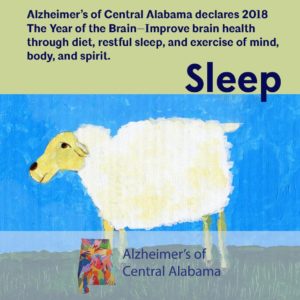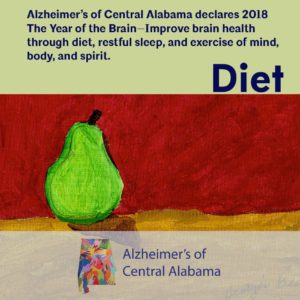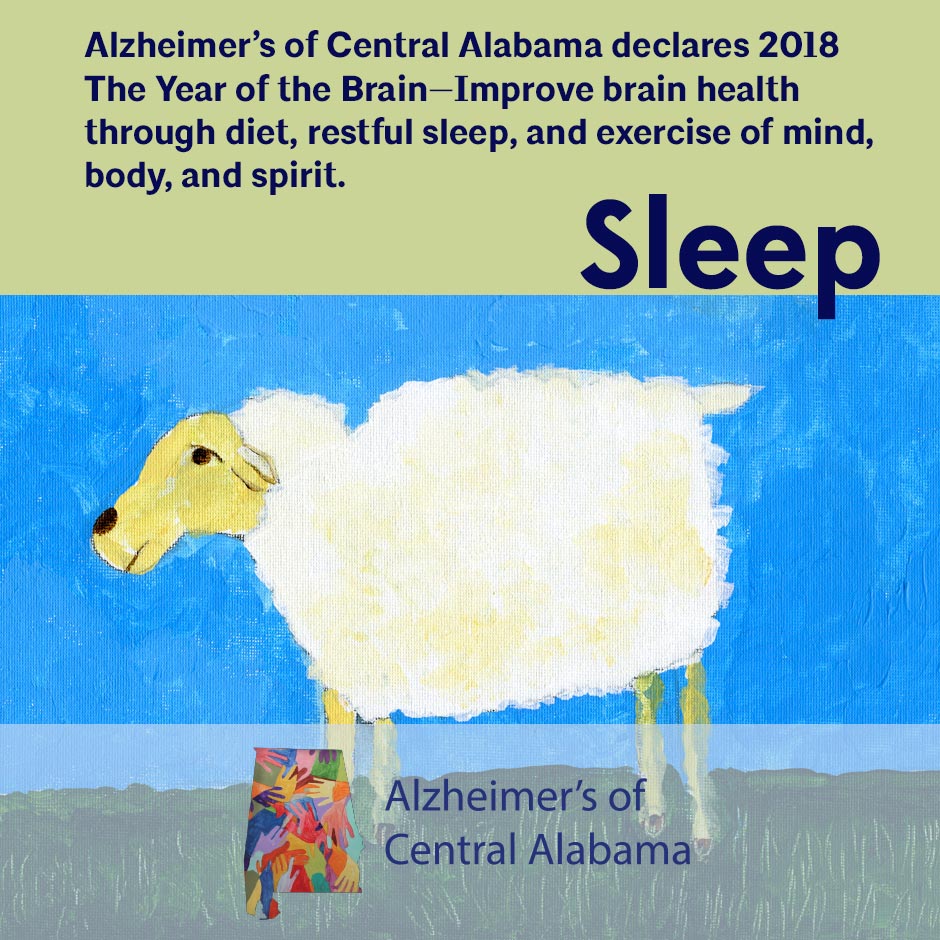 Could poor sleep earlier in life actually cause dementia?
Could poor sleep earlier in life actually cause dementia?
One in three Americans doesn’t get enough sleep, and 45% of the world’s population doesn’t either. The US Centers for Disease Control and Prevention calls that a “public health problem,” because disrupted sleep is associated with a higher risk of conditions including diabetes, stroke and cardiovascular disease. What about Alzheimer’s and other forms of dementia?
It’s well known that people with Alzheimer’s suffer sleep issues. Insomnia, nighttime wandering and daytime sleepiness are common for them, as well as other cognitive disorders such as Lewy body dementia and frontal lobe dementia. But could poor sleep earlier in life actually cause dementia?
A new study in the journal Neurology, the journal for the American Academy of Neurology, finds that people who get less REM, or dream-stage sleep, may be at higher risk for developing dementia. REM is the fifth stage of sleep, when the eyes move, the body heats up, breathing and pulse quicken and the mind dreams.
Researchers followed 321 people with an average age of 61 for a dozen years, as part of the famous Framingham Heart Study. Sleep cycles were measured for each person, and their cognitive skills were assessed in person at regular intervals. Over the duration of the study, 32 people developed dementia. Of those, 24 were determined to be Alzheimer’s disease.
The study found that people who took longer than the typical 90 minutes to enter REM were more likely to get dementia. They also spent only about 17% of their sleep dreaming, compared to 20% in those who did not develop dementia.
No association with dementia was found for any of the other four stages of sleep. “Our findings point to REM sleep as a predictor of dementia,” study author Matthew P. Pase, of Swinburne University of Technology in Australia, said in a news release. “The next step will be to determine why lower REM sleep predicts a greater risk of dementia. By clarifying the role of sleep in the onset of dementia, the hope is to eventually identify possible ways to intervene so that dementia can be delayed or even prevented.”
 10 foods which are said to be “brain-health powerhouses”
10 foods which are said to be “brain-health powerhouses”
- Dark chocolate (with at least 85% cocoa)
- Turmeric
- Kale
- Sweet potatoes
- Berries (blackberry, blueberry, cranberry, raspberry, strawberry)
- Garbanzo beans
- Walnuts
- Fish with omega-3 fatty acids (mackerel, lake trout, herring, wild salmon)
- Red wine
- Green tea
And here’s a recipe
Almond Orange Salmon
Ingredients:
4 salmon fillets (6 oz each)
Zest and juice of 1 orange
2/3 cup almonds, chopped
1 tablespoon flat leaf parsley, chopped finely (can use a different herb if you prefer)
Olive oil
Salt and pepper
Preparation:
Bring salmon to room temperature by leaving it out on the counter for approximately 30 minutes.
Preheat oven to 275 degrees F. Place a baking rack in a sheet pan.
Combine orange zest, orange juice, almonds, parsley, ½ teaspoon of salt, and ½ teaspoon of pepper in a small bowl. Set aside.
Put salmon filets skin side down on the rack.
Drizzle each fillet with about 1 teaspoon of olive oil and sprinkle with salt and pepper. Place pan in oven and cook for 20 minutes.
Pat almond mixture onto salmon and return to oven for an additional 5 minutes, until nuts are toasted.
Salmon will be cooked through, although color will remain vibrant and flesh will be soft.


You must be logged in to post a comment.